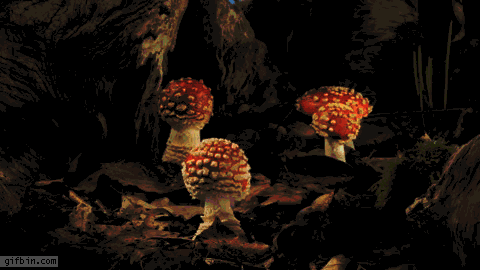With the hit HBO series The Last Of Us, we wanted to take some time to talk about Fungi. While the zombie causing fungus makes for must watch TV, we have another type of fungi we are watching. Let’s dive into the fantastical world of fungi.
A quick biology lesson. Fungi is a Kingdom of eukaryotic organisms that have chitin in their cell walls. They have made their home on planet Earth for around 1 Billion years. Fungi do not photosynthesize, rather they absorb their food, typically by secreting digestive enzymes into their environment. They are often known as nature’s great decomposers, as they specialize in breaking down large molecules into tasty nutrients.
Humans have been working with fungi via fermentation for at least 10,000 years. It should come as no surprise that we are now seeing a new way of learning from and working with fungi to solve some of our biggest challenges in the built environment. Remember how fungi use their digestive enzymes to turn complex molecules like sugar into simpler, tastier food? Novobiome, a participant in our 2021 Ray of Hope Prize program, specializes in identifying fungi that “eat” oil, heavy metals, and other pollutants, and then creates mycoremediation products for polluted soil and Superfund sites.
Two other companies, Biohm (2021 cohort) and Mycocycle (2022) are working with fungi to disrupt the construction industry. Biohm is creating mycelium-based insulation panels that are grown from waste streams, while Mycocycle is decomposing hard to treat construction material like asphalt shingles. All three of these companies are working on what we term “decomposition technologies,” which helps us emulate the circular systems found in nature. They break down resources to their basic building blocks, and then turn those building blocks into new raw materials or products.
Fungi and decomposition technologies will not disrupt the world as quickly as the zombie-fungus in The Last Of Us (thank goodness!), but they may just hold the key in solving systemic issues like air, water, and soil pollution.

